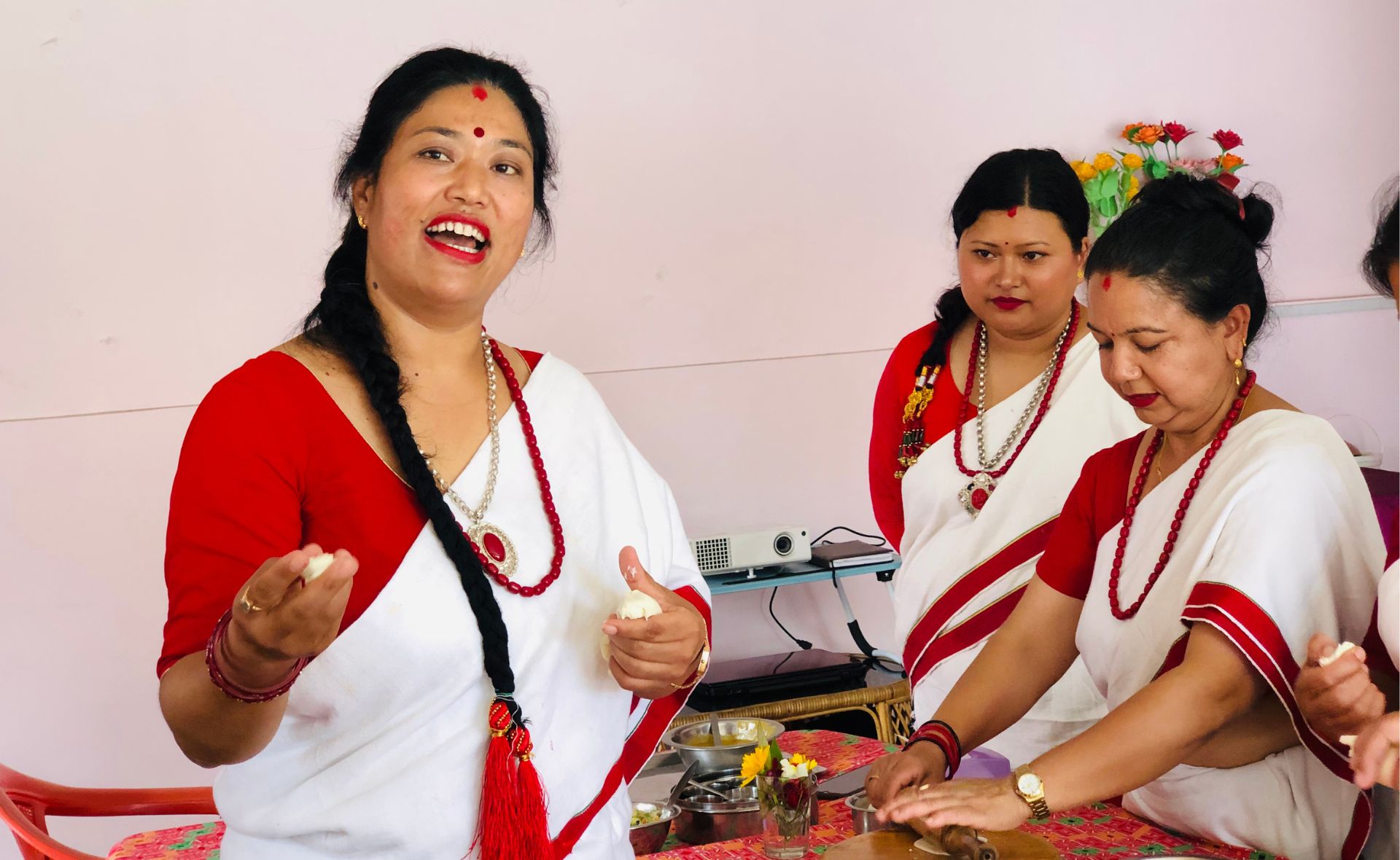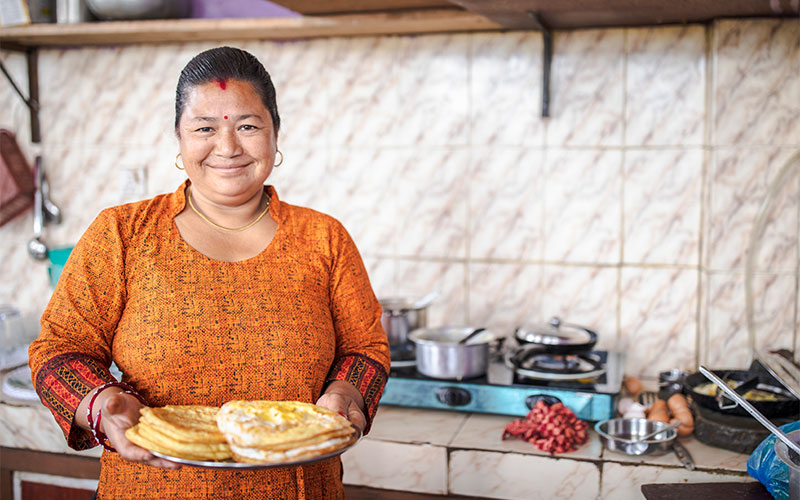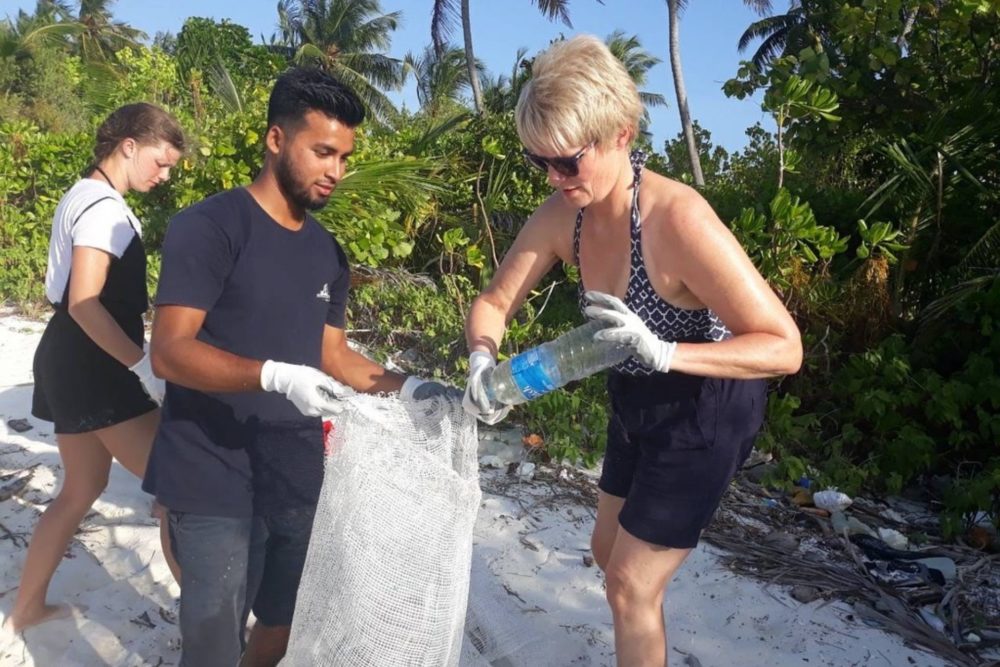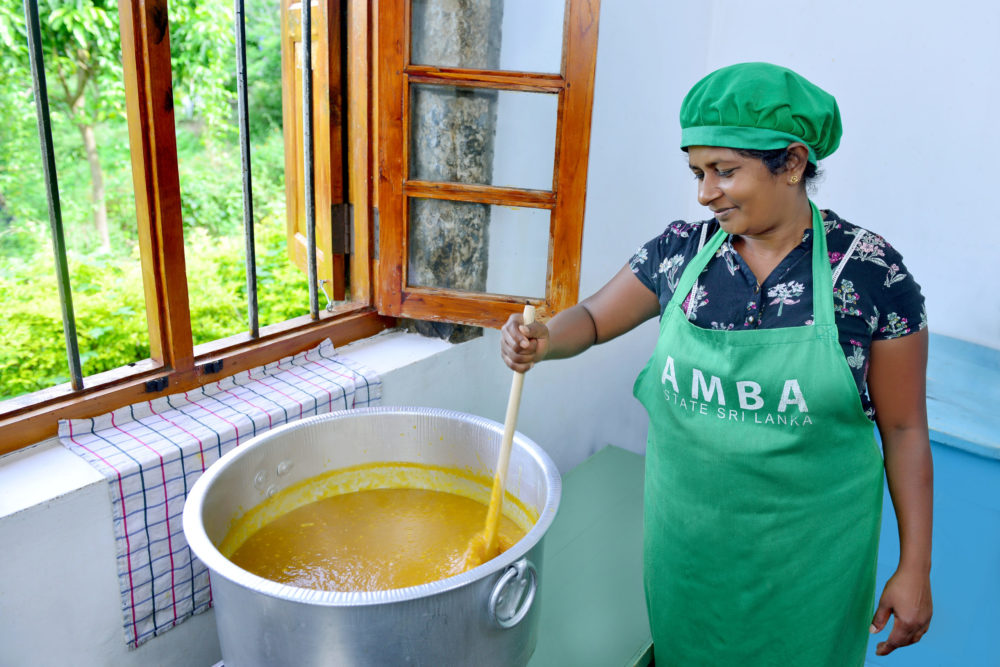Tamarind Gardens Farm
Impact
Tamarind Gardens provides the community with training and employment opportunities in hospitality. The dairy cows and garden provide vital nutrition to households and an income source for the social enterprise, women in the community have formed a sewing cooperative as an additional source of income, and others have been employed doing various tasks for the farm and guesthouse. Tamarind Gardens has been working on a project to supply community members with water tanks to capture rainwater and store water during the dry season. The new garden project increases access to nutritional food, as well as increasing the supply of local food that can accommodate the influx of travellers. This 10 acre farm provides a necessary space for community development projects that move the village towards a sustainable future.
Through the Community Development Fund, tourism has directly supported environmental projects, new entrepreneurs and improvements to the tourism experience.


Critical Need
Digana is a small community located outside of Kandy, Sri Lanka. The main source of income for community members here is dolomite mining. The techniques for this industry have proven unsustainable for the environment, and bad for the health of miners. With a very strict, traditional culture, there remains limited opportunities for women in leadership and productive activities for youth to pursue post-graduation. Many youth leave Digana after completing school to pursue vocational training elsewhere. Furthermore, due to the ongoing dry season, Digana annually faces the issue of water shortage which causes significant barriers for the community.
Our Involvement
Planeterra provided a small grant to Tamarind Gardens Farm to kick start a community garden project called FAITH (Food Always In The Home). A garden area was prepared, crops purchased and livestock obtained to start a food bank for rotational agriculture.
Households in the community take turns taking seeds, crops and livestock from the food bank, returning stock back once their crops have increased and livestock reproduced. This program increases household nutrition and access to food for community members with limited income.






